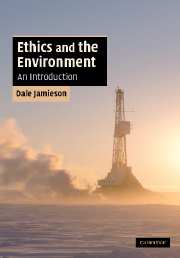5 - Humans and other animals
Published online by Cambridge University Press: 05 June 2012
Summary
Speciesism
What makes humans different from other animals? This question has been at the center of philosophical discussion since at least the time of Socrates and classical Greek civilization. Indeed, anxiety about our relations to other animals figures in the Bible, as well as in the stories and myths of other ancient cultures. In some societies, animals were viewed as agents with whom one made agreements and in some cases even entered into conjugal relationships. They were worshiped and respected, but also hunted. They were a source of inspiration, but also of protein. Clearly, complex stories are required in order to make such a multiplicity of uses morally and psychologically palatable.
This question of what makes humans different from other animals is more than merely “academic.” We would never do to humans much of what we do to animals. Not only do we eat them, but we cause them unspeakable suffering before slaughtering them. They are no longer sacrificed for religious purposes in most societies, but they are still routinely killed and made to suffer in scientific and medical research, as well as in the cause of producing new cosmetics and household products. As for wild animals, we like having them in our parks and sometimes even in our neighborhoods, but our patience quickly wears thin when there are “too many” of them or they do not behave “properly.”
- Type
- Chapter
- Information
- Ethics and the EnvironmentAn Introduction, pp. 102 - 144Publisher: Cambridge University PressPrint publication year: 2008

